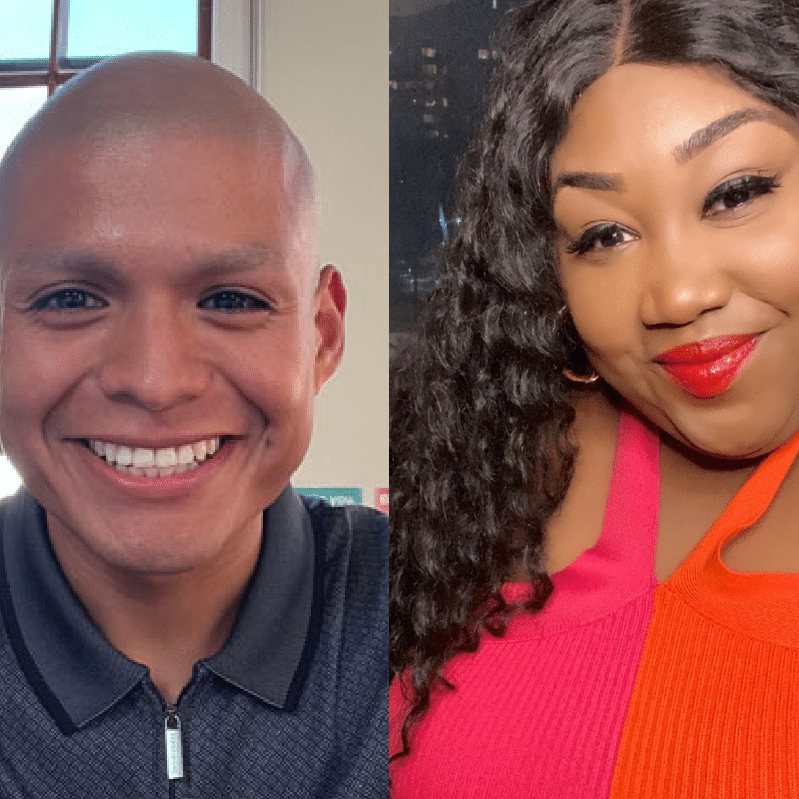Substance Use & Sexual Health
The LGBT Community Center has long worked with LGBTQ+ New Yorkers on taking care of their health, including supporting them in managing their substance use and sexual health.
Sexual activity and substance use, especially within the LGBTQ+ community, can be hard to talk about. Our society views these activities as shameful, and service providers and clinicians have reported some links between substance use, sexual activity, and personal trauma. Additionally, in cities throughout the U.S., some types of substance use and sexual activities may even be criminalized. In the rare instances when we do find spaces to discuss these behaviors, the conversations are often narrowly focused on abstinence, or only acknowledge a limited range of experiences.
We sat down with The Center’s HIV & Sexual Health Services Manager Brandy Andrews, and Substance Use Treatment Counselor Freddy Perez, to talk about these important topics from their perspectives as both service providers and members of the Center community.
The Interview
Sexual activity and substance use are both heavily stigmatized. How is the stigma associated with each behavior similar?
Freddy: “Sexual activity and substance use are both seen as taboo, and one rarely feels comfortable discussing them even in the most intimate of relationships. The stigma is similar in ways that keep us from communicating our needs, wants, feelings and boundaries.”
So, why is it important to talk about sexual health and substance use together?
Freddy: “Chem-Sex, or the mix between crystal meth and sex, has been impacting our community for several years now. It’s often not discussed due to fear of being judged, fear that we’re breaking the law by involving illicit substances, or fear that we will lose our sexual partner’s interest. It’s important to educate our community on “safe practices” for sexual behavior, and that may include harm reduction practices if substances are involved. What comes to mind for me is the importance of consent, clean needles (if applicable), having the discussion on HIV status, testing your substances using fentanyl strips, and keeping Naloxone nearby.”
Talking about “safe practices” feels especially crucial these days, as we grapple with COVID-19 and MPV. What are some other ways that LGBTQIA+ people can stay safe if they are sexually active?
Brandy: “Make sure you are educated about how these viruses are spread. You should take advantage of any vaccines that your area is offering, and if you are not sure, inquire with your primary care physician or a community organization you trust.
In addition to being educated and vaccinated, communicating with your partners is important. Some of these conversations aren’t easy to have, but they are needed to inform you of certain risks you may be taking when engaging in intimate and/or sexual activities.”
To wrap up, what is one commonly overlooked or misunderstood aspect of your line of work that you believe deserves more attention or clarification
Brandy: “Access to culturally competent primary care physicians and healthcare providers. Not having this access creates a barrier with accessing care, especially the type of care certain areas of the community may need such as HIV services, gender-affirming care, and medications like PrEP and PEP. It’s often overlooked and needs to be in the forefront of all healthcare providers and facilities.”
Freddy: “There’s no one cookie-cutter answer to attaining long term recovery. For many, participating in a completely abstinence-based program works. For others, harm reduction or reducing their use serves as a bridge to achieving their personal recovery goals.”

